“Board room” by Jason Wohlford is licensed under CC BY 2.0
If you’re pursing a medical malpractice claim, you’ll most likely be asked to undergo a deposition during the discovery phase. This can be an anxious time during the case, as most clients are unsure what to expect. Here are some things you need to know about a medical malpractice deposition so you can adequately prepare.
What is a Deposition?
A deposition basically involves providing testimony under oath much like you would during actual courtroom legal proceedings. It is performed to find out what you know about your case and to preserve your testimony for trial. This is important when it comes to streamlining your case, as the intent is to allow both parties to learn as much information as possible before the court date. This in turn allows each party to review the strengths and weaknesses of their opponent’s case, making it more likely a fair settlement will ensue. The physician/defendant may also be deposed by your attorney; however, as the plaintiff, you will be required to give your deposition first.
During a deposition, attorneys for both sides are present. Expert witnesses may also be present, depending on the exact nature of your claim. The physician being charged with negligence has the right to attend a medical malpractice deposition as well, though having a doctor appear at one is actually rather rare.
The Deposition Process
Your deposition will not take place in a courtroom, but instead will be held in a mutually accessible area, such as an attorney’s office. It will be transcribed by a court reporter, who will also be responsible for swearing you in. In a process known as direct examination, the defendant’s attorney will then ask you a series of questions. During direct examination, you must answer all questions truthfully. If you do not understand a question, ask for clarification; otherwise, you will be deemed to have understood the question, and your response will be noted accordingly.
After the opposing attorney has finished examining you, your own attorney will then have an opportunity to cross-examine or ask you other questions. In most cases, cross-examination is limited only to questions that directly pertain to those asked during direct examination. Once cross-examination has taken place, the opposing attorney will again be allowed to ask more questions, and this is known as re-direct. The deposition ends with your own attorney following up with more questions, which is called a re-cross.
Your attorney may object to questions at any point during the direct examination or re-direct. Even so, these objections are somewhat different than they would be in a courtroom, as there is no judge present. As such, objections involving the Federal Rules of Evidence, particularly hearsay, are not normally made.
Should there be extreme harassment or humiliation from the other party, your attorney may ask for the deposition to be terminated early. This must normally be approved by contacting a judge, so keep in mind that the odds of this happening are very slim. Even if things become harrowing, do your best to remain steadfast and unshaken, as doing so will help establish you as a strong and confident witness who is likely to be convincing to a jury.
Rules of Civil Procedure
The rules governing depositions are spelled out under Rule 30 of the Federal Rules of Civil Procedure; some states have similar procedural guidelines as well. This rule:
- Requires deponents to be notified in writing, to include being informed as to the method of recording
- Limits the number of depositions each side may conduct
- Restricts how long a deposition may last (generally no more than seven hours per day for each deponent)
Rule 30 also covers subpoena duces tecum, which involves a request to produce physical evidence. As such, you could be required to bring certain documents with you to your deposition. Your attorney will explain what these documents are so you can be sure you are in compliance. It is a good idea to give your attorney copies of any documents you plan to submit ahead of time so that he or she can review them prior to the deposition. That way, your lawyer will have better information concerning the type of questions you might be asked, and will therefore be better able to prepare you.
Appearance is Mandatory
Since medical malpractice depositions are an essential part of discovery, your attendance is mandatory. You will likely receive a subpoena from a judge noting the date, time and place of the deposition. Should you fail to appear, the defendant may petition the court for recovery of any expenses incurred as a result. There may also be other sanctions imposed by the court for failure to appear as well. These sanctions can also be applied if you fail to produce documents as required.
Requiring the plaintiff to attend a deposition is perhaps more beneficial in medical malpractices cases than in any other type of personal injury suit. That’s because you could be in a state of declining health, which would make it impossible for you to give testimony later. As such, the deposition is sometimes the only chance a victim has to make his or her voice heard, especially when a condition is life threatening.
Preparing for the Deposition
Depositions are transcribed and put into a written or electronic format that can be reviewed at another time. Statements made during a deposition may later be used to impeach your testimony. If you subsequently give conflicting testimony in court, attorneys for the practitioner could refer to a statement you made during your deposition in order to make your credibility seem questionable. Since having your testimony impeached could be detrimental to your case, it’s important to properly prepare ahead of time to prevent this from happening.
Your attorney will play an important role in helping you prepare for a deposition. Some of the things he or she might do to guide you in preparing are:
- Having you review documents a day or two before the deposition to jog your memory
- Talking with you about key events to allow you to better focus your attention on the exact act of negligence
- Giving you some sample questions that may be asked by the opposing attorney
- Reminding you of proper etiquette, and advising you to give short, concise answers
Some attorneys will even provide mock depositions or mock cross-examinations as a part of their preparation. During a mock deposition, your lawyer may ask difficult questions, become harassing or appear to take personal jabs at you. This is not unusual, as you are also being trained to handle this type of behavior from the opposing attorney.
During the preparation phase, you may also be given a sample medical malpractice deposition to review. This sample will give you a better idea as to how the actual deposition will proceed. It will also help you visualize how it may be used to evaluate your case once it is completed. You may also want to read some sample depositions performed on doctors so you can picture some of the questions your physician could be asked as well.
Deposition Outlines
Attorneys often use medical malpractice deposition outlines to help guide them in the process. An outline will lay out the facts about your case, and will list certain subject areas to cover. The outline may also have a checklist for an attorney to use to stay organized.
You will not have access to the defendant’s outline; however, your attorney may be able to provide you with a sample that will give you a better idea what to expect during questioning. Keep in mind that outlines for medical malpractice depositions are often very specific, and may change a great deal depending on your exact condition.
Common Medical Malpractice Deposition Questions
Your deposition will normally begin with a few personal questions such as:
- What is your address?
- Where do you work?
- How long have you been employed in your current occupation?
- How old are you?
- Are you married? What is your spouse’s name?
These questions are asked so that the opposing attorney can get to know a little more about you. That way, it will be easier to assess how well you will perform as a witness during trial. They are also used to make you feel more comfortable in the beginning so you will be more likely to let your guard down and give information that might actually hurt your case later. Be mindful of this so you don’t fall into this trap.
When it comes to the “meat and bones” of a medical malpractice deposition, many of the same questions are asked over and over. Here are a few of the most commonly asked questions, which is by no means exhaustive of all the questions that could be asked.
- When did you first notice symptoms of (medical problem)
- Did you seek help immediately? Why or why not?
- What instructions were you given after (medical procedure)? Did you follow these instructions to the letter? Why or why not?
- What complications did you suffer as a result of (medical procedure)?
- What care have you received since the injury occurred?
- Are you currently taking any medications? If so, which ones?
- Have you been advised to have any other surgeries or tests performed? If so, by whom?
- Have you obtained a second opinion for your condition?
- Why do you feel the doctor was responsible?
- How has the injury affected your quality of life?
- What is the prognosis for the future?
When you are not sure or do not remember, state “I don’t know” or “I don’t recall”. If you remember events, but are not quite sure about exact details, state “To the best of my knowledge” or “As far as I remember”. Should you later determine you have made an incorrect statement, clarify it if possible before the deposition ends. If you realize it after a deposition is over with, notify your attorney immediately so that the proper steps can be taken to officially correct your testimony.
Since a medical malpractice deposition is a little less formal than a court trial, attorneys will sometimes intentionally badger witnesses in an effort to rattle them. It’s important to maintain your composure throughout the deposition so as not to fall into this trap.
Malpractice Deposition Advice
While undergoing a medical malpractice deposition can be excruciating, there are nonetheless some things you can do to ensure yours is a success. For starters, be on time and be sure to present a professional appearance. Your first impression means a lot, which is why you should be neat and well groomed when you arrive. You should also:
- Know your case, but don’t make up facts in order to fill in gaps
- Remain confident and avoid becoming angry or making derogatory statements against the doctor
- Rehearse ahead of time with your attorney or even at home with a friend or family member
- Avoid overstating your condition, as this could give the appearance that you are filing a frivolous lawsuit
After the Deposition
After a medical malpractice deposition takes place, the court reporter will then transcribe the event and make the results available to both parties. Depending on how long your deposition was, this could take anywhere from a few days to a few weeks. Once your attorney receives the deposition, it will be reviewed, and then notes made about the strengths and weaknesses of your case. Your lawyer may also determine additional discovery is needed or ask to depose other witnesses to fill in gaps in your testimony.
Medical Malpractice Deposition Settlements
Medical malpractice cases are rarely settled immediately after a deposition. Instead, they may proceed for several months or even years before an offer is made. Some are not settled until just before the trial commences. As such, it’s important to prepare as though you are going to trial, since a settlement is never guaranteed.
It’s also not uncommon to receive a low settlement offer initially. The results of your deposition will prove invaluable when trying to determine whether you should accept it or continue fighting for a better offer.
Making a settlement in a medical malpractice case is extremely complicated, as there may be multiple healthcare providers named as defendants. The nature of the injury may also be very complex, requiring quite a bit of discovery in order to make an accurate assessment. Medical malpractice insurance companies are also involved, which means a number of parties must communicate with one another before a settlement can be reached.
There is a lot to know about a medical malpractice deposition, as it is an important part of legal proceedings. Begin preparing for yours as early as possible in order to put your best foot forward. The time you spend preparing could make the difference in how soon your case is settled and the amount of money you receive.













